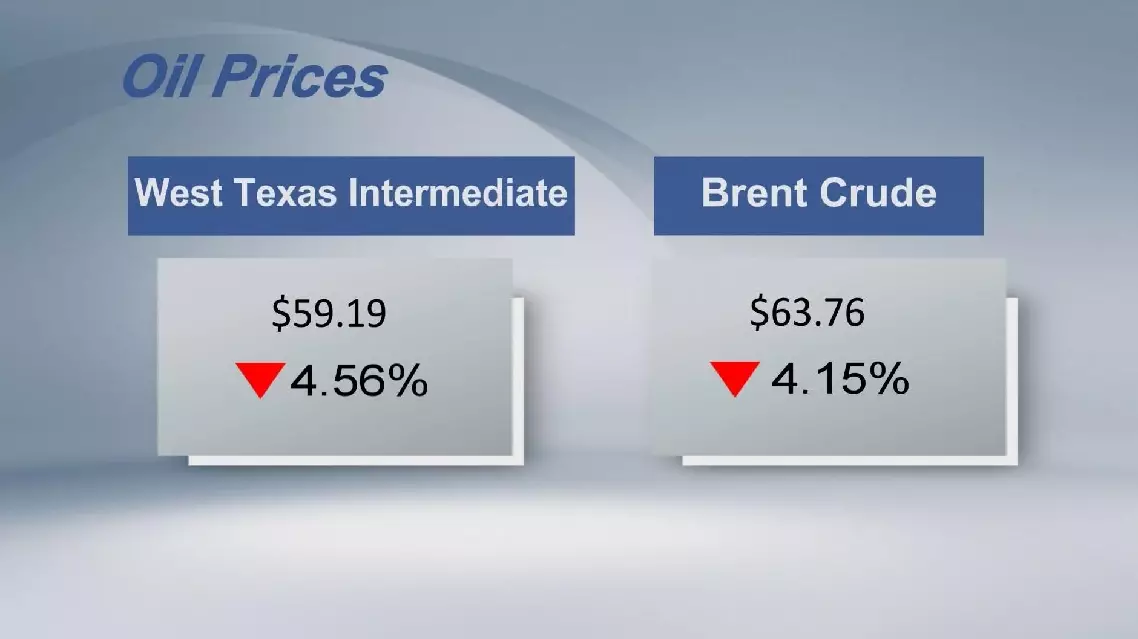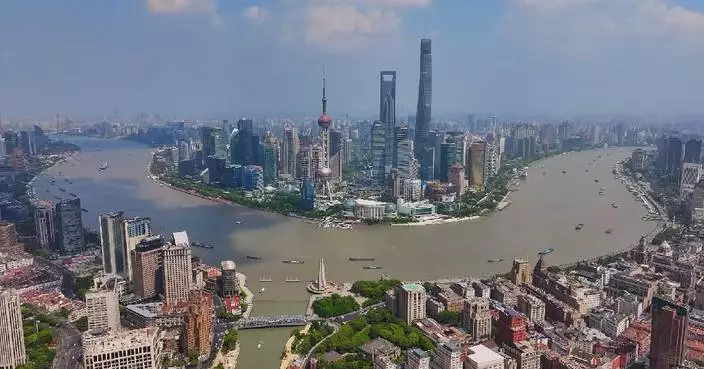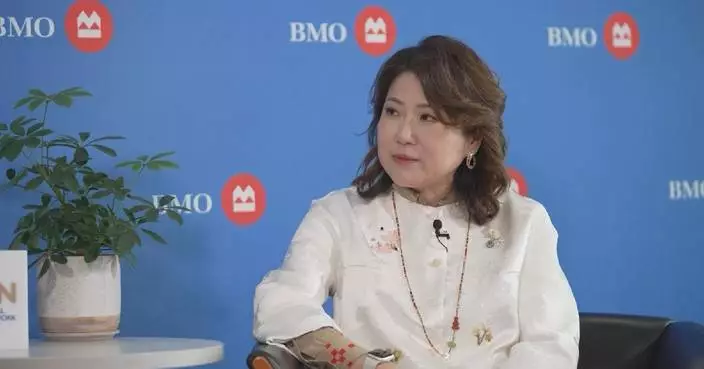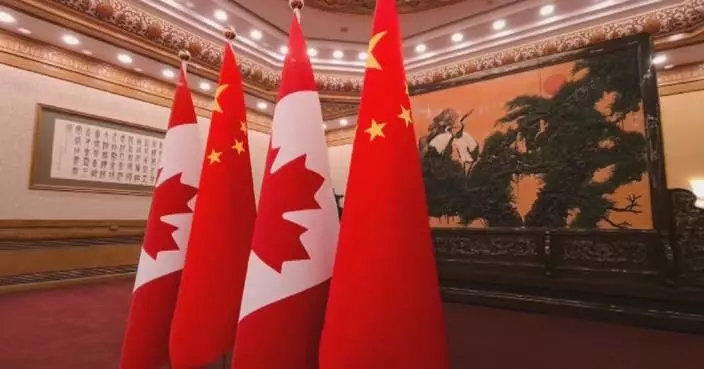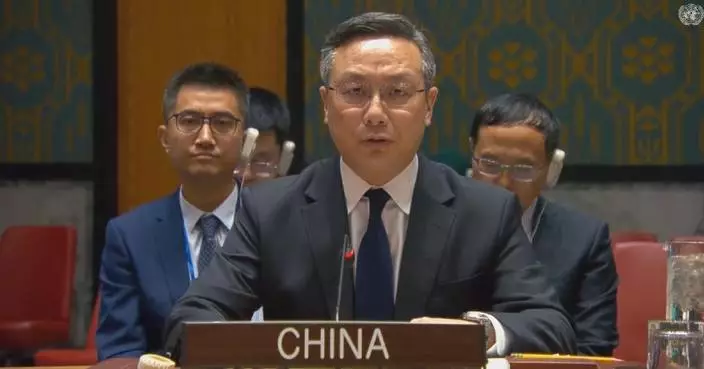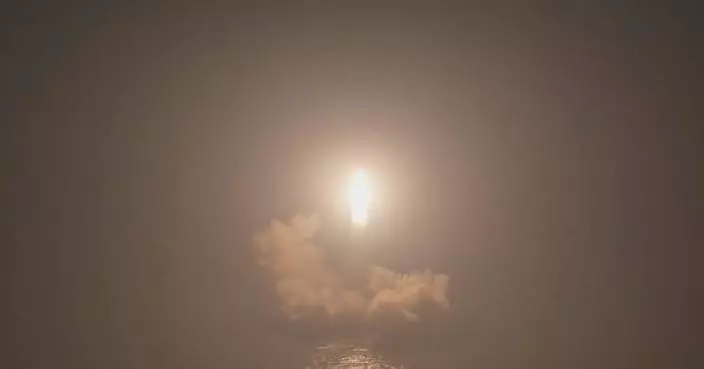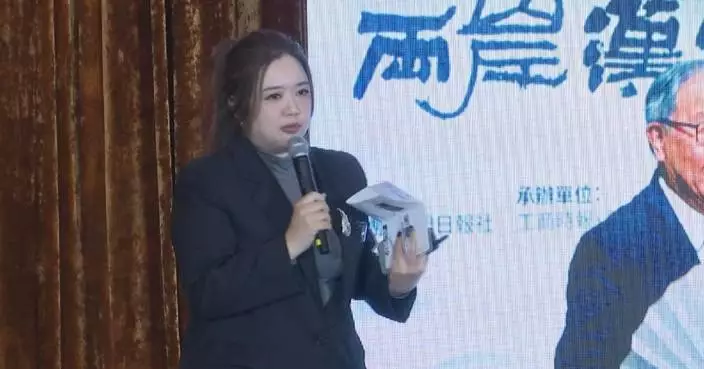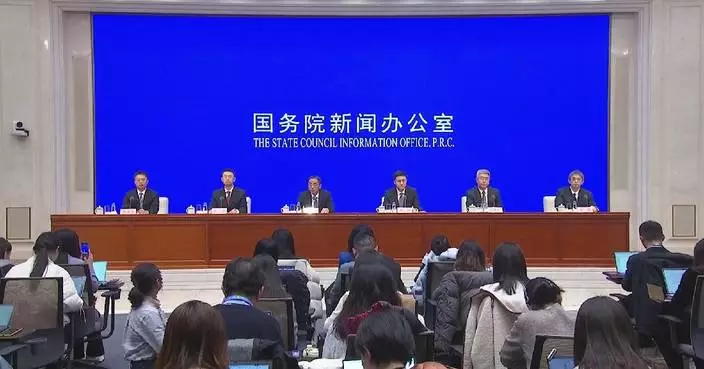By using big data and AI technology, China is advancing digitalized and automated agriculture to bring the most cutting-edge technologies down to earth and benefit farmers.
Researchers across the country have been experimenting with autonomous robots and AI-driven large-scale models to transform farms into precise and sustainable technology hubs.
In a laboratory in Beijing, researchers have installed multiple sensors and advanced machinery to develop unmanned farming practices that can reduce costs and increase yields for farmers.
"This is a tomato lab. We installed multiple sensors to track the growth data across the plant's life cycle. The future of facility farming is fully automated and intelligent. Plants cannot speak, so we need a precise model to decode their exact needs, like nutrient formulas, light intensity, water-fertilizer ratios, temperature, and carbon dioxide. Only with the accurate model can we truly achieve autonomous control," said Wei Lingling, Director of the Chinese Ministry of Agriculture and Rural Affair's Key Laboratory of Leisure Agriculture.
The lab has already developed a remote-control system, which is now being tested in farms across China.
"With this system, we can manage not only local farms, but also remote farms in multiple regions, including Kunshan and Nantong in Jiangsu, Ningbo in Zhejiang, and surrounding areas of Hebei," said Wei.
Another landmark move in smart agriculture is an AI-powered online farming system Xiongxiaonong, which literally means "little farmhand from Xiong'An New Area" in north China's Hebei Province, where the system is being used.
Jointly developed by the Agriculture and Rural Affairs Bureau of Xiong'an New Area and the telecommunication and information technology giant China Telecom, Xiongxiaonong is China's first agriculture-focused large AI model powered by DeepSeek.
"Xiongxiaonong now offers services from agricultural question and answer services and planting decisions to production management and market analysis, providing a full digital service loop. Unlike general AI models, we have tailored this system to Xiong'an's agriculture specialty industries like sweet potatoes, wheat, and tomatoes, building a three-tier knowledge base covering government, businesses, and research institutes. The Xiongxiaonong system bridges data from lab research to real-world farming," said Yang Yi, Deputy Director of the Rural Revitalization Research Institute of China Telecom.
Just one month since its launch, the system has already brought economic benefits to farmers in Xiong'an.
"Last month, the Yangque Lake Xili Agricultural Park in Xiong'an used Xiongxiaonong's price-predicting capabilities to optimize growing conditions and strategically harvested the tomatoes earlier for the market, boosting farmer incomes by nearly 3,000 yuan (about 420 in U.S. dollars) per mu (one-fifteenth hectare)," said Yang.
Scientists have even bigger ambitions, aiming to diagnose crop diseases using a pair of AI-powered glasses. The futuristic invention is only two to three years away from widespread usage, according to an expert.
"Smart agriculture is to have machines work the fields and smart systems optimize decisions on the basis of data. For example, there are plenty of wheat diseases. Before, agricultural technicians had to painstakingly examine every inch of each plant, from bottom to top. If we have a pair of AI glasses, the photos can be transmitted back to us and matched against thousands of images in our database, making disease identification immediately clear," said Xu Shiwei, research fellow of the Institution of Agricultural Information under the Chinese Academy of Agricultural Sciences.
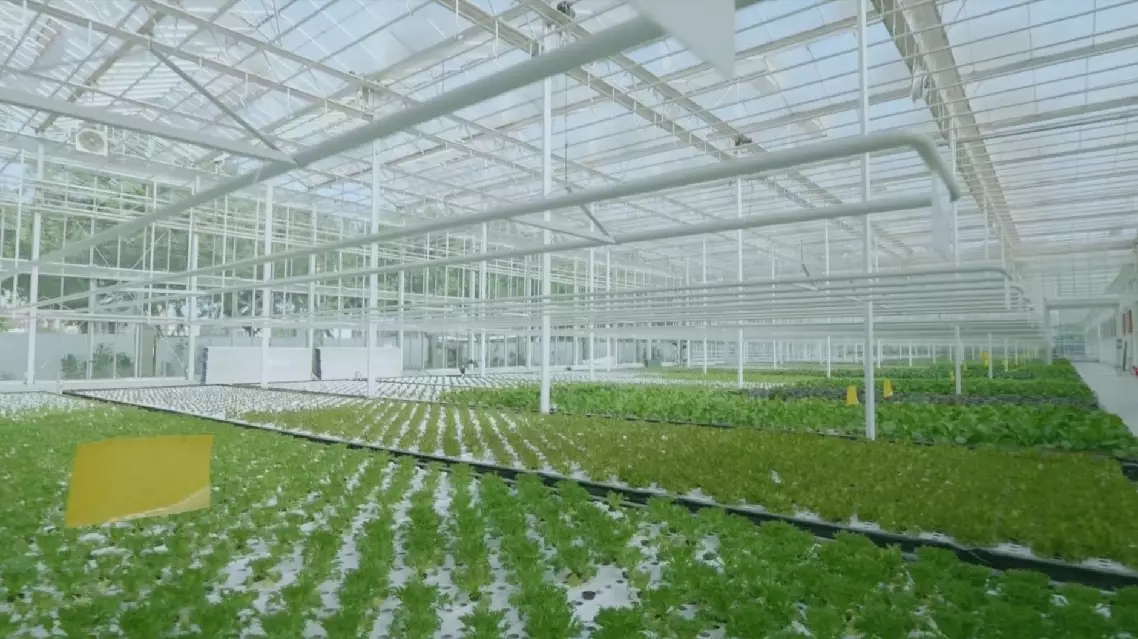
China advances automated, digitalized agriculture with AI
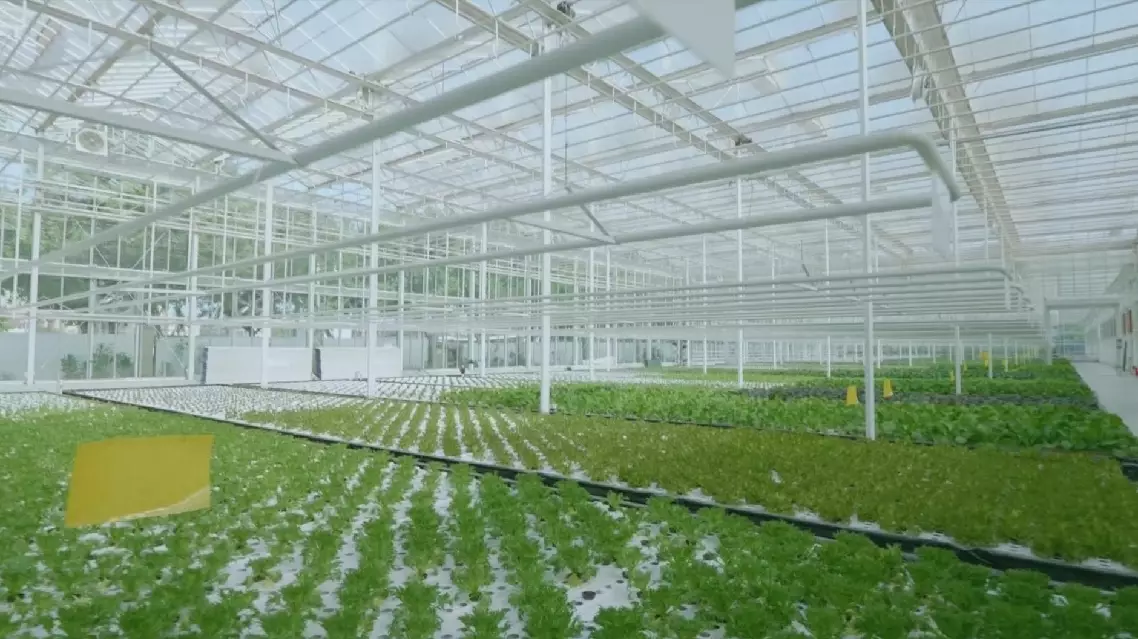
China advances automated, digitalized agriculture with AI


